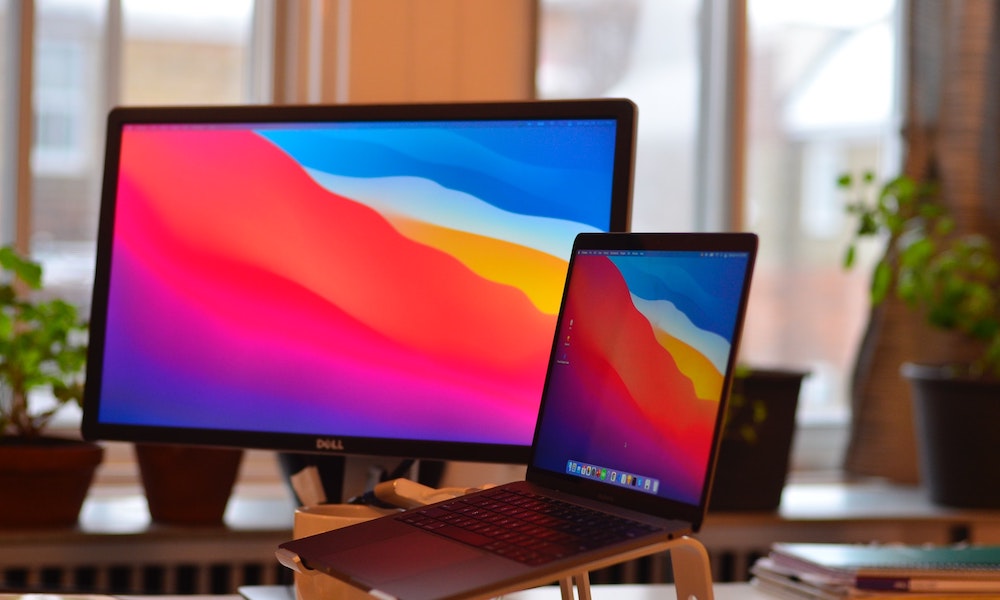Concerning Report Claims Apple’s New M1 Macs Could Burn Out Their SSDs in Just Two Years
 Credit: Joy Real / Unsplash
Credit: Joy Real / Unsplash
Toggle Dark Mode
Users have been heaping praise on Apple’s new M1 Mac lineup. All three models boast outstanding speed and performance thanks to Apple’s new ARM-based silicon. The M1 Macs have been in the wild for a few months, and it appears that the honeymoon period is over.
A new report from PC Gamer hints at some potentially troubling issues with the SSD inside these new machines. According to the folks over at LTT forums, some M1 Mac owners report that their Macs have outrageously high file swap usage. Though all of the M1 Macs are susceptible to this excessive file swapping, the swapping is most pronounced in the MacBooks with 8GB of RAM.
Depending on how many applications you have open, the 8GB of RAM can fill up quickly, and the operating system must turn to the SSD as a temporary storage location. File swap usage is measured as the total bytes written or TBW for short. This value represents the total amount of data that can be written to a drive before it begins to fail.
Most 256GB SSDs are expected to last five years and will support up to 150TB. This calculates out to approximately 30TB per year. Some M1 Mac owners report up to 15TB in just two months, five or six times more than what you would expect.
This excessive file-swapping could significantly reduce the lifespan of the M1 MacBook’s SSD. If these observations pan out, M1 Mac owners could see their SSDs malfunction in just two years instead of five years. To make matters even worse, these SSDs are soldered into the motherboard and are reportedly very difficult to replace. A dead drive would result in a dead Mac in just a few years.
Before you panic and sell your M1 Mac, you should be aware that these values may be incorrect. Monitoring tools are known to be inaccurate, and the M1 is a new platform. These tools may not yet be compatible with the M1 hardware, and the results people are seeing may be way off base.
If this does become a legitimate problem, Apple could fix it with an operating system update that manages file-swapping more efficiently. It also could offer a replacement plan if the damage has already been done.
[The information provided in this article has NOT been confirmed by Apple and may be speculation. Provided details may not be factual. Take all rumors, tech or otherwise, with a grain of salt.]






